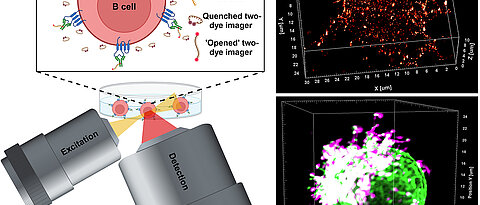
A new look at cancer cells: Würzburg researchers show in the journal ‘Science’ how therapeutic antibodies work – thanks to an innovative method of super-resolution microscopy.
more
A new look at cancer cells: Würzburg researchers show in the journal ‘Science’ how therapeutic antibodies work – thanks to an innovative method of super-resolution microscopy.
more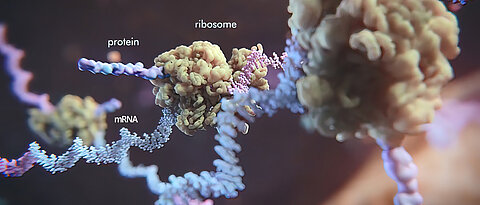
Researchers at the University of Würzburg have discovered a process that breaks down mRNA molecules in the human body particularly efficiently. This could be useful, for example, in the treatment of cancer.
more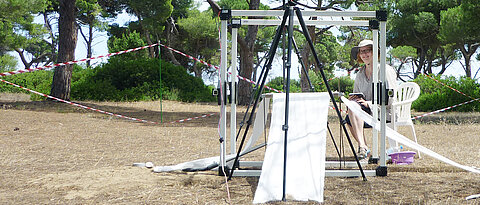
Many animals orient themselves using their sense of magnetism. However, this can be based on different physical mechanisms. A research team from Oldenburg and Würzburg has now investigated the navigation of the desert ant.
more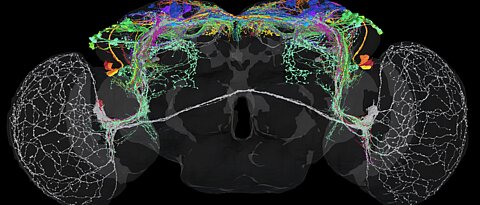
Circadian clocks control physiological processes and behavior in virtually all living organisms. Now an international research team led by researchers from the University of Würzburg has created a detailed map of the internal clock in the brain of the fruit fly.
more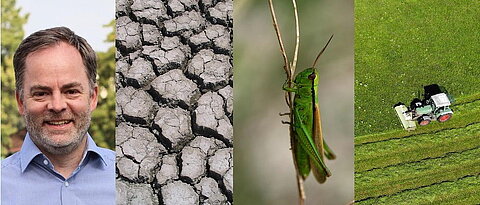
From species’ temperature preferences to the major ecological challenges for society - this range of topics will be covered by Christian Hof's inaugural lecture on 20 November 2024.
more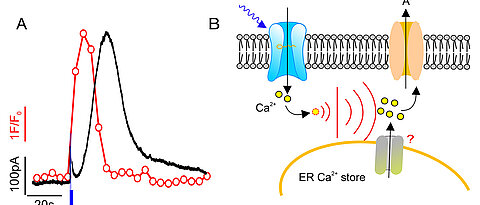
Plants adapt their water consumption to environmental conditions by counting and calculating environmental stimuli with their guard cells. Plant researchers from Würzburg report this in ‘Current Biology’.
more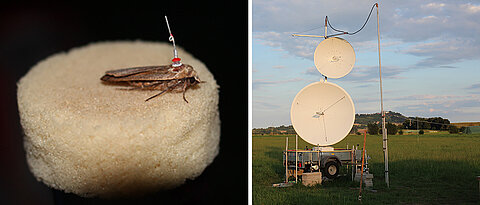
Light pollution is more serious than expected: Moths not only lose their orientation directly under street lamps. Their flight behaviour is also disturbed outside the cone of light.
more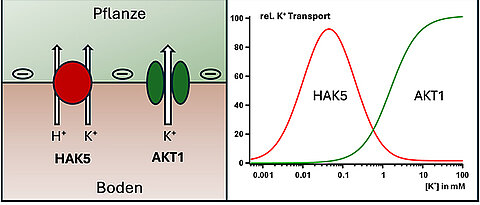
Plants can extract even the smallest traces of the important nutrient potassium from the soil. A team led by Würzburg biophysicist Rainer Hedrich describes how they achieve this in ‘Nature Communications’.
more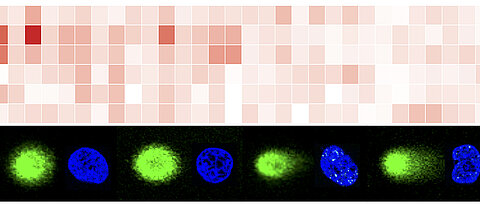
Genome instability can cause numerous diseases. Cells have effective DNA repair mechanisms at their disposal. A research team at the University of Würzburg has now gained new insights into the DNA damage response.
more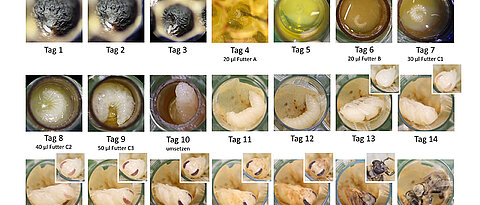
Dangerous mixtures: pesticides in combination can have unexpected effects on the development of honeybees. This is shown by a new study from the Biocenter.
more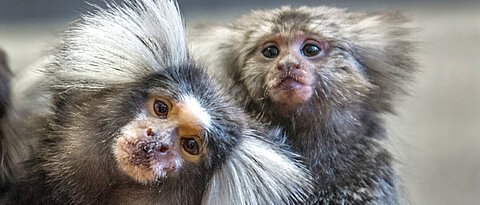
Numerous studies have shown that the older the father, the higher the risk of disease for the offspring. Human geneticists at the University of Würzburg have now taken a closer look at the processes responsible for this.
more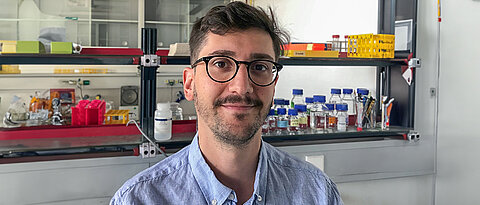
At the University of Würzburg (JMU), Dimitrios Papadopoulos is investigating RNA-based mechanisms maintaining aggressive pediatric tumors. He has now been awarded one of Europe's most coveted fellowships for young scientists.
more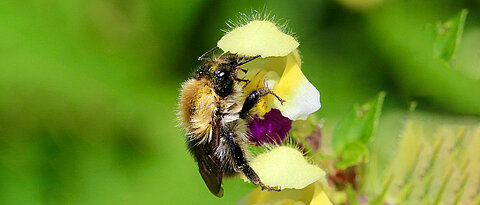
It's not just us humans who suffer from heatwaves. Researchers at the University of Würzburg discovered that hot temperatures rob bumblebees of their sense of smell – and makes them struggle when searching for food.
more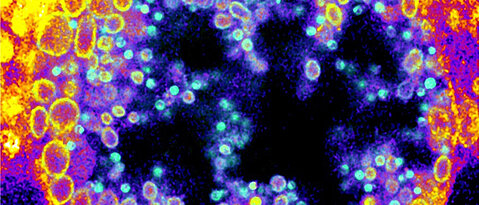
Researchers from Würzburg and Berlin present a new molecule for visualising the sphingomyelin metabolism. This offers prospects for innovative therapeutic approaches in infection research.
more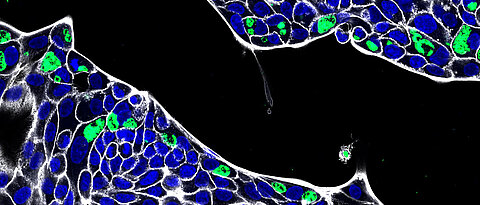
Chlamydiae are sexually transmitted pathogens that can apparently survive in the human gut for a long time. Researchers from Würzburg and Berlin report this in the journal PLOS Pathogens.
more